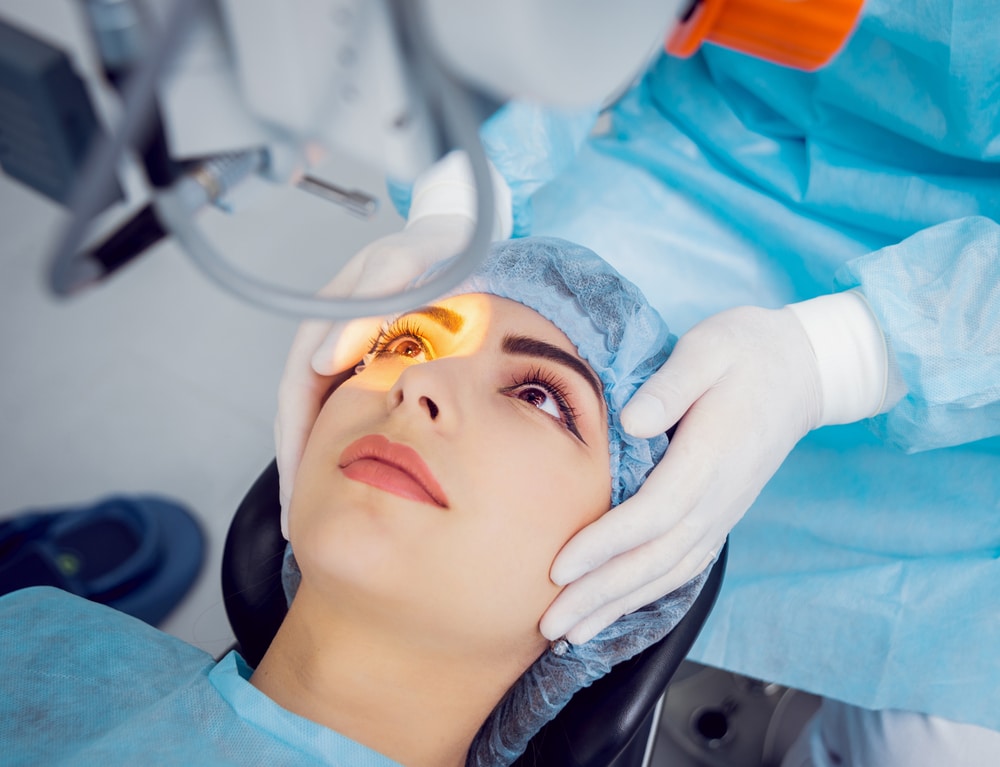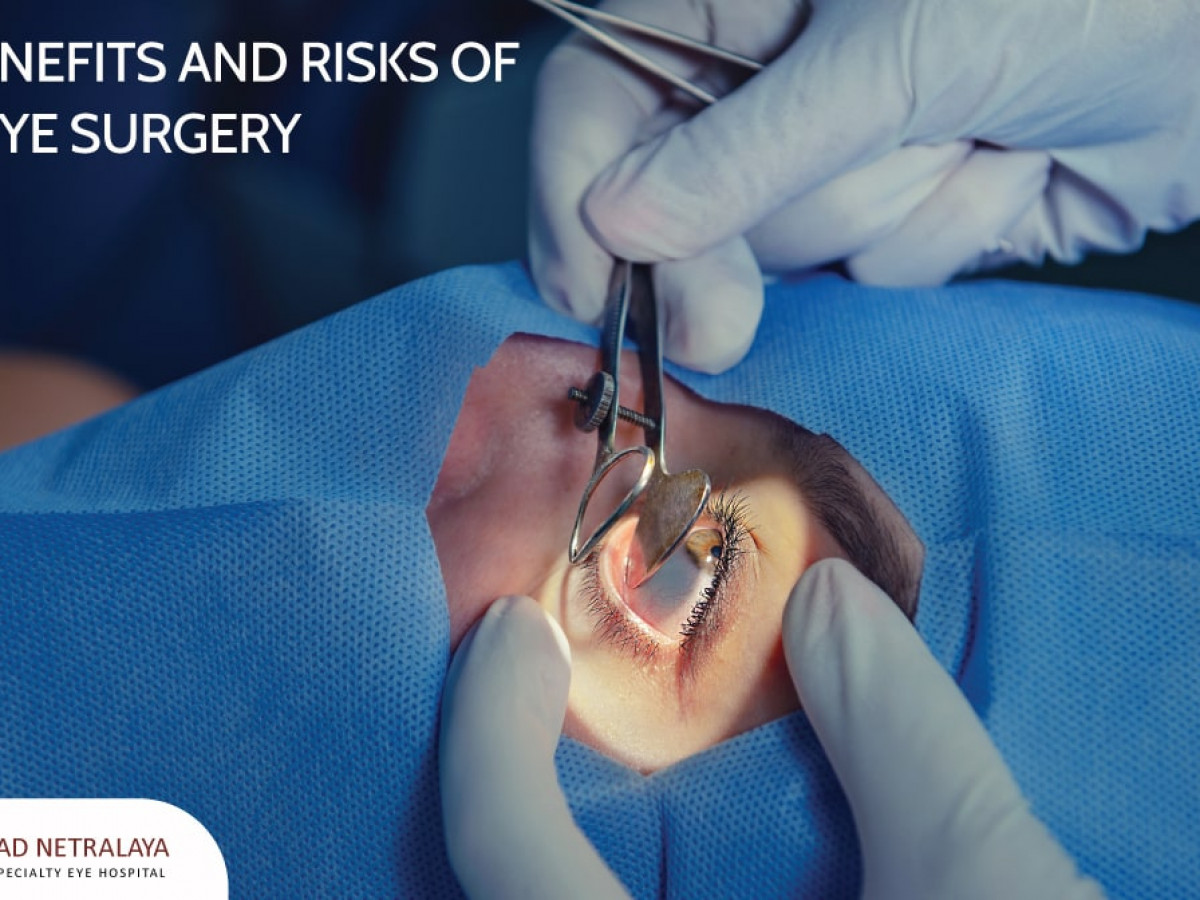Understanding the Duty of an Optometrist in Giving Specialized Eye Treatment Provider
In the world of healthcare, the role of an eye medical professional in providing specialized eye care services stands as a vital column of thorough client care. From the complex operations of the eye to the subtleties of vision correction, eye physicians bring an unique blend of medical expertise and technical skill to the table.
Scope of Method
Within the area of eye treatment, the range of method defines the certain series of solutions and treatments that an eye physician is educated and licensed to do. Eye doctors, for circumstances, mostly concentrate on conducting detailed eye assessments to evaluate aesthetic skill, find refractive mistakes, and recognize prospective eye illness. They are competent in recommending and fitting restorative lenses, such as glasses and call lenses, to enhance a client's vision. Additionally, optometrists can detect typical eye conditions like glaucoma, cataracts, and macular deterioration, offering essential referrals to ophthalmologists for additional management.
Alternatively, ophthalmologists, as clinical doctors specializing in eye treatment, possess a more comprehensive scope of method. Along with performing eye tests and recommending rehabilitative lenses, they are trained to identify and deal with a large selection of eye conditions with clinical and surgical treatments. Eye doctors are capable of doing intricate surgical treatments, such as cataract elimination, LASIK procedures, and retinal detachment fixings, providing detailed look after various eye problems. The delineation of range of technique guarantees that individuals obtain suitable care from the most qualified eye care copyright for their specific needs.
Analysis Experience
Optometrists and eye doctors display their diagnostic experience by using innovative tools and techniques to examine and manage a diverse range of eye conditions, guaranteeing accurate assessments and tailored treatment strategies. These specialized medical care specialists make use of a selection of analysis approaches to determine problems impacting the eyes and visual system. From detailed eye examinations that assess aesthetic skill, eye pressure, and the health of ocular structures, to advanced examinations like optical comprehensibility tomography (OCT) for in-depth imaging of the retina, they have the skills and technology to diagnose problems such as glaucoma, macular degeneration, diabetic retinopathy, and extra.
In addition, their diagnostic capabilities reach detecting refractive mistakes like myopia, presbyopia, hyperopia, and astigmatism, allowing them to suggest ideal restorative lenses or recommend refractive surgeries as required. By staying abreast of sophisticated innovations in diagnostic devices and methods, eye doctors can supply accurate medical diagnoses, early treatment, and personalized therapy plans to enhance their patients' eye wellness and visual health.
Therapy Choices
When addressing eye problems and visual problems, eye physicians use an extensive series of therapy options tailored per individual's certain needs and scenarios. Therapy options can differ extensively depending upon the nature and seriousness of the eye condition. For common refractive mistakes like farsightedness, astigmatism, and nearsightedness, prescription spectacles or get in touch with lenses are commonly the main treatment technique. These corrective lenses aid to redouble light onto the retina, improving vision clarity.
In cases where refractive surgical treatment is considered appropriate, procedures like LASIK or PRK can be suggested to reshape the cornea and decrease the need for get in touches with or glasses. Eye physicians additionally give therapy for eye conditions such as glaucoma, cataracts, and macular deterioration (Lasik Eye Surgery Tallahassee). Treatment for these conditions may involve prescription eye declines, medical interventions, or other medical procedures focused on taking care of or turning around the progression of the illness
Furthermore, ophthalmologist play a crucial role in providing specialized treatment for problems like diabetic person retinopathy, retinal detachment, and ocular injury. Motivate diagnosis and appropriate therapy can assist protect vision and avoid more complications. Inevitably, the objective of ophthalmologist is to supply individualized treatment strategies that enhance visual end results and general eye health for each and every individual.

Client Education
Supplying individuals with clear and informative support on eye health and wellness and proper care is a crucial facet of an ophthalmologist's role. Individual education and learning plays a critical component in aiding people recognize the relevance of regular eye examinations, the significance of early discovery of eye problems, and the fostering of healthy and balanced eye treatment practices. Tallahassee Eye Doctors. By providing comprehensive explanations in a language that individuals can comprehend, optometrist encourage people to organize their eye health and make notified choices concerning therapy choices
During examinations, eye medical professionals must make the effort to inform patients on usual eye conditions such as myopia, hyperopia, astigmatism, and age-related macular degeneration. They need to likewise talk about preventive actions like wearing protective glasses, preserving a balanced diet regimen rich in eye-friendly nutrients, and staying clear of too much display time. Client education look at this now prolongs beyond the center, as ophthalmologist might suggest resources for more reading or give directions on proper call lens treatment and eyeglass upkeep. Ultimately, an educated individual is much better outfitted to prioritize their eye health and team up effectively with their eye medical professional in managing any kind of ocular concerns.
Advanced Technologies
Client education and learning works as the foundation for understanding the application of sophisticated modern technologies in modern eye care services. Advanced technologies have reinvented the area of ophthalmology, permitting ophthalmologist to detect and treat a wide variety of eye conditions with higher accuracy and efficiency. One of the significant advancements in eye care technology is using Optical Coherence Tomography (OCT) which offers in-depth cross-sectional photos of the retina, aiding in the very early discovery and tracking of illness such as glaucoma and macular degeneration.
Moreover, the arrival of wavefront modern technology has actually made it possible for personalized vision correction treatments like LASIK, where the distinct flaws of an individual's eye can be precisely mapped and dealt with. In addition, making use of advanced analysis tools such as automated boundaries and topographers allows eye doctors to assess visual areas and corneal curvature a lot more precisely, resulting in better therapy results for individuals.

Verdict
To conclude, the role of an optometrist is essential in supplying specialized eye treatment solutions via their scope of technique, diagnostic proficiency, treatment choices, individual education and learning, and use sophisticated modern technologies. By supplying comprehensive care and utilizing their specialized understanding and skills, ophthalmologist play a significant role in preserving and improving the vision and overall eye health of their clients.
